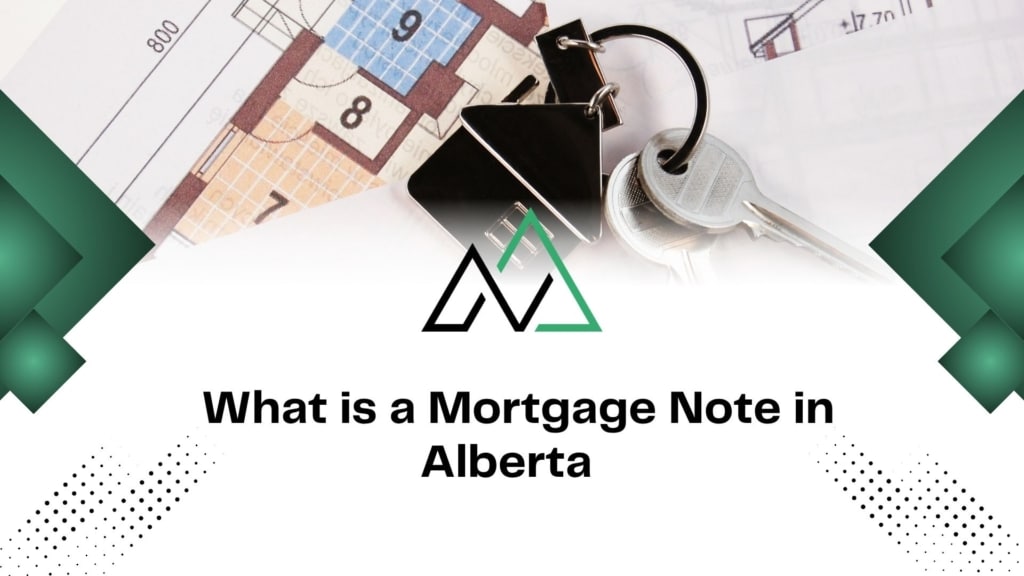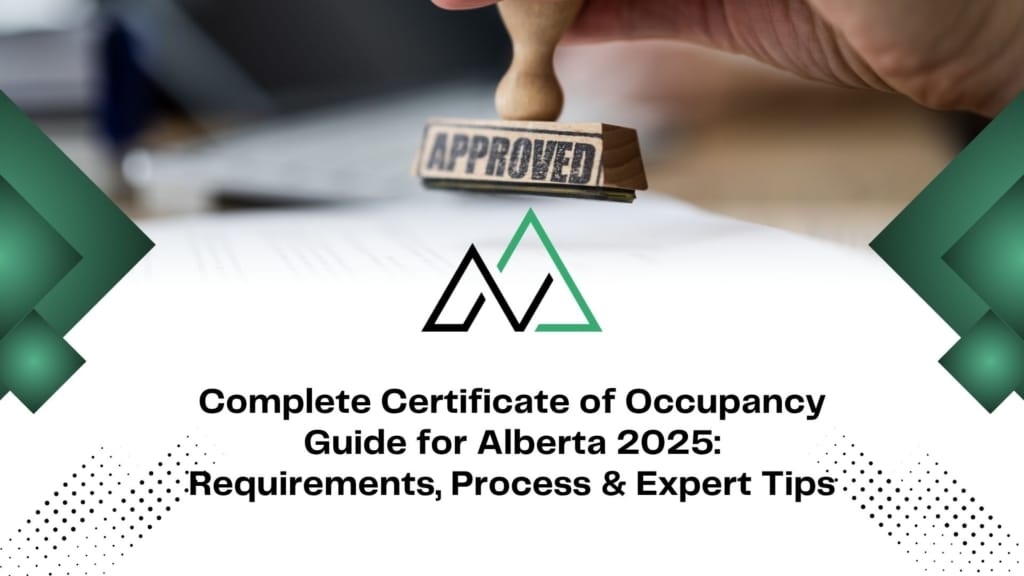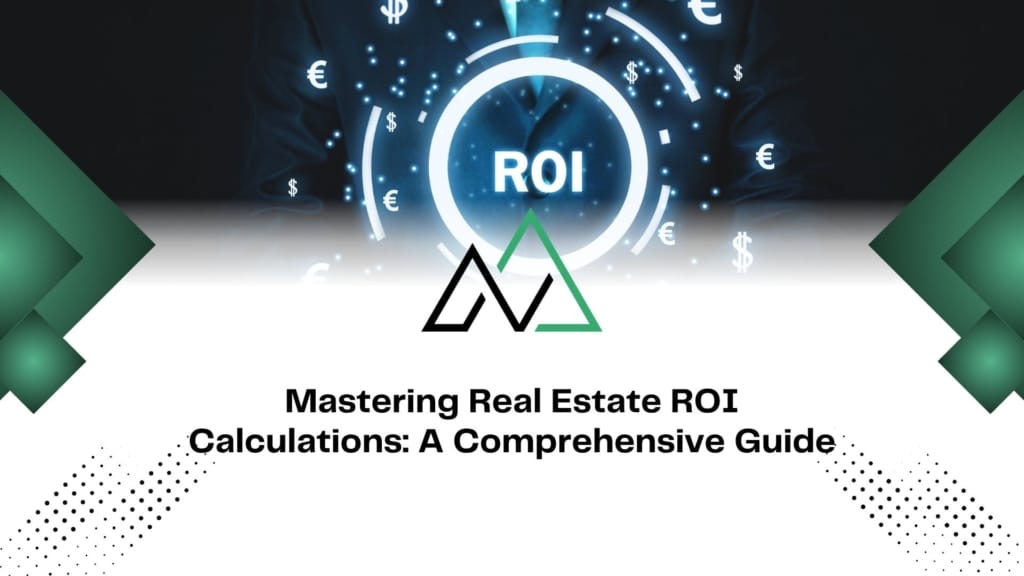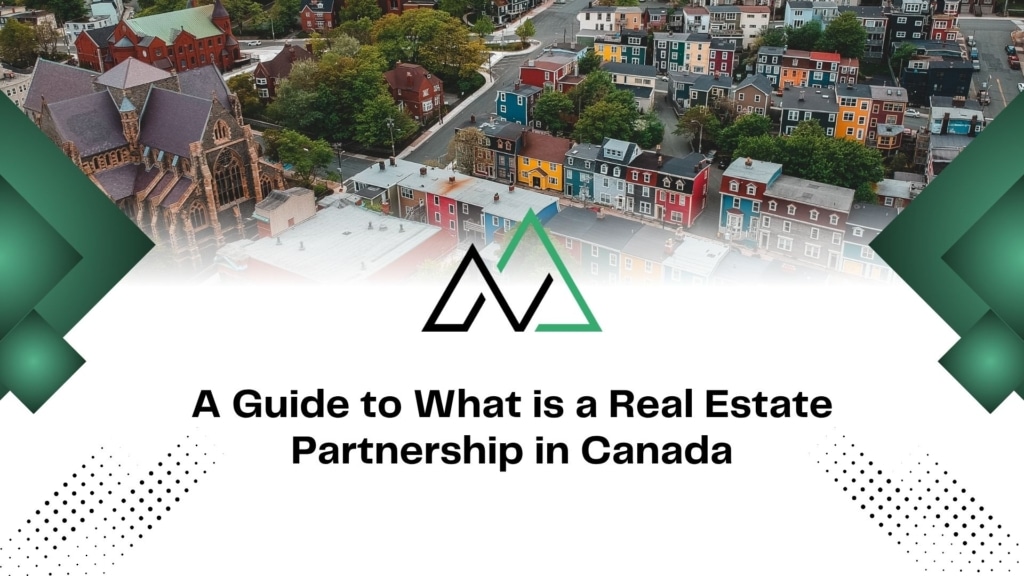Articles, Guides and More!

What Does “No Money Down” Home Buying Really Mean? How to buy a house with no money down is a strategy that allows homebuyers to purchase property without using their own savings for the down payment. Zero down payment mortgages are technically illegal—Canadian parliament outlawed them in 2008. However, there are still ways you can […]
...
Understanding Mortgage Notes in Alberta Real Estate A mortgage note is a legal document that represents a borrower’s promise to repay a loan secured by real estate property. As of June 2025, approximately 68% of Alberta homeowners carry mortgage notes, with the average mortgage amount reaching $420,000 according to recent provincial data. These financial instruments […]
...
What is an Open House? An open house is a scheduled period when a property for sale is open for viewing by potential buyers without requiring individual appointments. As of June 2025, approximately 78% of real estate transactions in Alberta involve at least one open house viewing, with weekend open houses generating 43% more foot […]
...
What is a Certificate of Occupancy? A certificate of occupancy is an official document issued by local municipalities in Alberta that confirms a building or structure meets all applicable building codes, zoning requirements, and safety standards before occupancy. As of June 2025, Alberta municipalities issued over 45,000 certificates of occupancy annually, with processing times averaging […]
...
Smart property investment starts with understanding numbers. Whether you’re eyeing a Toronto condo or a Calgary rental, knowing your returns is key. Real estate offers two profit streams: steady cash flow and long-term value growth. Investors often compare property returns to traditional options like the S&P 500. This index has averaged 10% annual gains over […]
...
In Canada, a real estate partnership lets two or more people own property together. They do this for shared financial goals. CRA rules say they can split profits, losses, and tasks. Partners can buy investment properties or develop land. They use their combined money and skills. This way, they can tackle bigger projects together. These […]
...